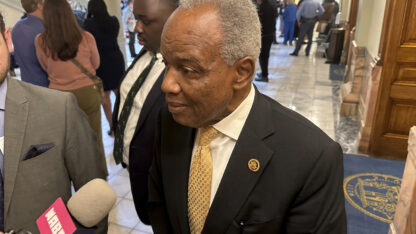Among the many arts vocations made accessible by SCAD, animation has seized the imaginations of students to the point of becoming the college’s most popular degree. Appropriately, it’s the focus of this summer’s SCADFILM Storyteller series, a virtual online event hosting conversations from film and TV industry insiders. “City Lights” producer Summer Evans was joined by featured guest Mark Henn — the legendary Disney animator who worked on “The Lion King”, “Mulan”, “Aladdin”, “The Little Mermaid” and many other classics — and Leigh Seaman, Senior Executive Director, SCADFILM.
At this year’s Storyteller series, Henn, along with SCAD animation professor and former Disney trainer Tina O’Hailey, will present on the subject of animated princesses and how the trope has evolved through cultural changes since the medium took shape. The two speakers will bring a multidisciplinary perspective, exploring princesses through character design, movement and storytelling.
“The types, the style of story has evolved as our culture has changed over the years. I look at the early princesses — which would be Snow White, Cinderella and Sleeping Beauty, Aurora — they’re very much contemporary for their time,” said Henn. “And now, starting with Ariel, the Little Mermaid, things changed. But I look at the first group of princesses… as largely in a more reactive role. The stories happened to them, and they reacted to things a little more. Whereas starting with Ariel and going forward… they’re more proactive. I think you would see that they make decisions that move the story forward.”
Seaman expanded on Henn’s point, describing a screening of “The Little Mermaid” SCAD had hosted, that clued her in to the particularly compelling subject of these central female characters’ progressions throughout Disney films. “The screening was packed. I mean packed, standing room only,” Seaman recounted. “So we asked afterward… ‘What drew you to this screening, compared to others?’ And it was very interesting to hear so many, both male and female, talking about the empowerment of the character of Ariel.” She went on, “And that really planted the seed for this event… We have found that this kind of conversation really resonates with our student population, who are looking for ways to have their voices heard.”
“That’s just kind of a reflection of our current culture and society, that we enjoy watching a stronger female character in these stories,” Henn said. “It just makes it much more compelling.”








